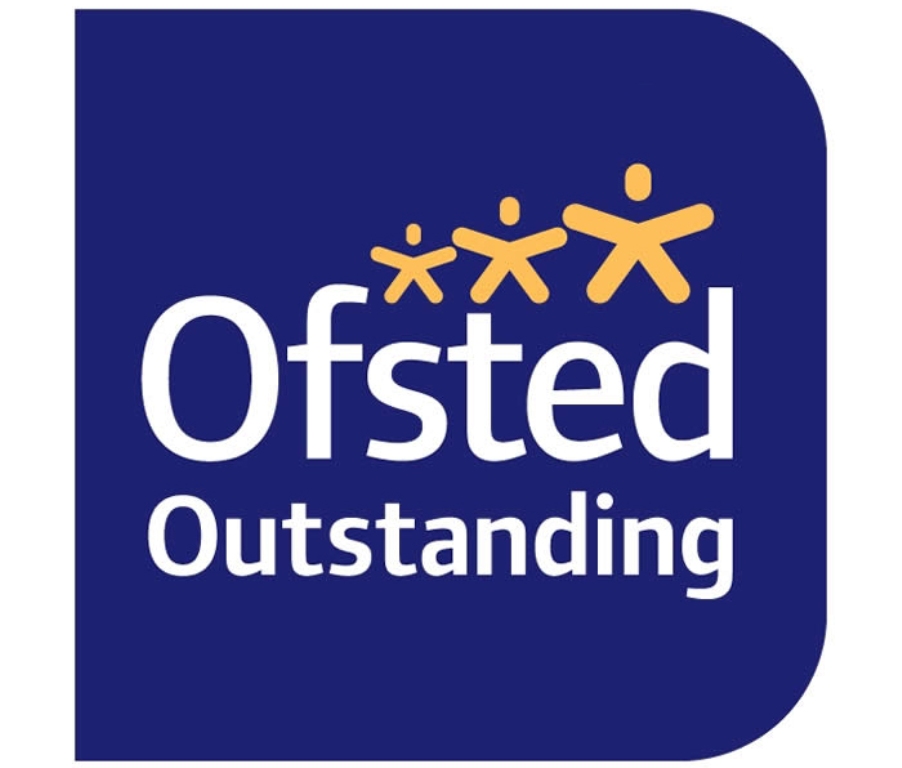Tops tips on getting that Ofsted outstanding grade
It is a nursery’s ambition to get that Ofsted outstanding grade, however since the introduction of the Common Inspection Framework, this has been increasingly difficult. A lot of hard work and dedication is needed by all, for nursery managers who are new to the role and have never experienced an Ofsted inspection this can be extremely daunting. To help prepare for an Ofsted inspection here are a few pointers to help take the stress away.
Lead by a good example
As many of us have heard this expression ” Lead by example,” it is very true in the eyes of Ofsted. An effective leader is someone who can demonstrate and show others what is expected By showcasing this it is setting a benchmark as to what is expected of individuals, creating consistency throughout practice, leading to an outstanding performance.
Listen to views of others
This is paramount, listening to the views of children, adults and parents can help develop your setting. It is practitioners responsibility to listen to children’s views through their ideas and interests and plan next steps accordingly. By truly listening to others views this can help establish an effective relationship, whereby everyone feels valued and respected. With the introduction of the British values, it is more importantly now that children’s views and opinions are respected within the setting
Demonstrating inclusive practice
For a setting to be outstanding, Ofsted is looking for an environment that values and treats all children as individuals. Every child should be given the chance to join in activities and experiences. It is both managers and practitioners responsibility to ensure all children are supported in their learning, helping them to reach their full potential. Both the environment and resources should reflect the diversity of families attending the setting. It is not just about displaying different ethnic posters, settings should extend children’s learning of different cultures and faiths further, this can be achieved by getting involved in the wider community and joining in cultures celebrations and inviting parents into the setting to share their cultural celebrations.
Continuously reviewing practitioners skills and knowledge
As we all know early years is forever changing, the introduction of new Common Inspection Framework, changing of legislation, etc., therefore, is it highly important that practitioners and management regularly review their skills and knowledge to keep up to date wth current changes. There are many ways for practitioners to review their skills; this can be done by attending a training course in house or off site, discussions during supervisions, through sharing of information from other colleagues. It can very be expensive for nurseries and budgets for training can often spiral. However, this is something nursery managers should be in control of. Practitioners must have an opportunity to share their skills and knowledge; this is often best done during a staff meeting. Giving practitioners this opportunity can help keep others up to date with current changes.
Creating effective parent partnerships
For a setting to be outstanding, both practitioners and management should fully engage with parents. Sharing and exchanging of information is vital in establishing an effective relationship. As parents are children’s first educators, it is practitioners responsibility to encourage and find opportunities for parents to share information, these discussions can be as simple as during settling in sessions, parents evenings, daily feedback conversations and social events, etc. Ofsted is keen to see how nurseries involve parents from the start, therefore, look at how this is evident in your setting.
Keeping children safe
It is management’s responsibility to ensure that anyone working with children has a full understanding of safeguarding children, all employees should receive level 2 safeguarding training and safeguarding children should be included within an employee’s induction. All employees must be able to demonstrate to Ofsted that measures are in place to protect children from significant harm. During an inspection, Ofsted will examine settings safeguarding arrangements including all policies and procedures relating to safeguarding children. Keeping adults and children safe should be a top priority for the setting, and this should be evident during an inspection. Building strong relationships with multi-agencies can also help safeguard children.
Checking of documentation
Set out in the Early Years Inspection Handbook is the types of documentation that Ofsted will ask to see. Ensure these are easily accessible and up to date. Some of the documents are office based and some are practice such as on entry assessments and children’s learning journeys, therefore, share this information with the rest of your team.
All of the above are helpful pointers, to help further why not pair up with another colleague and carry out mock inspections these can be very worthwhile for the whole team.

